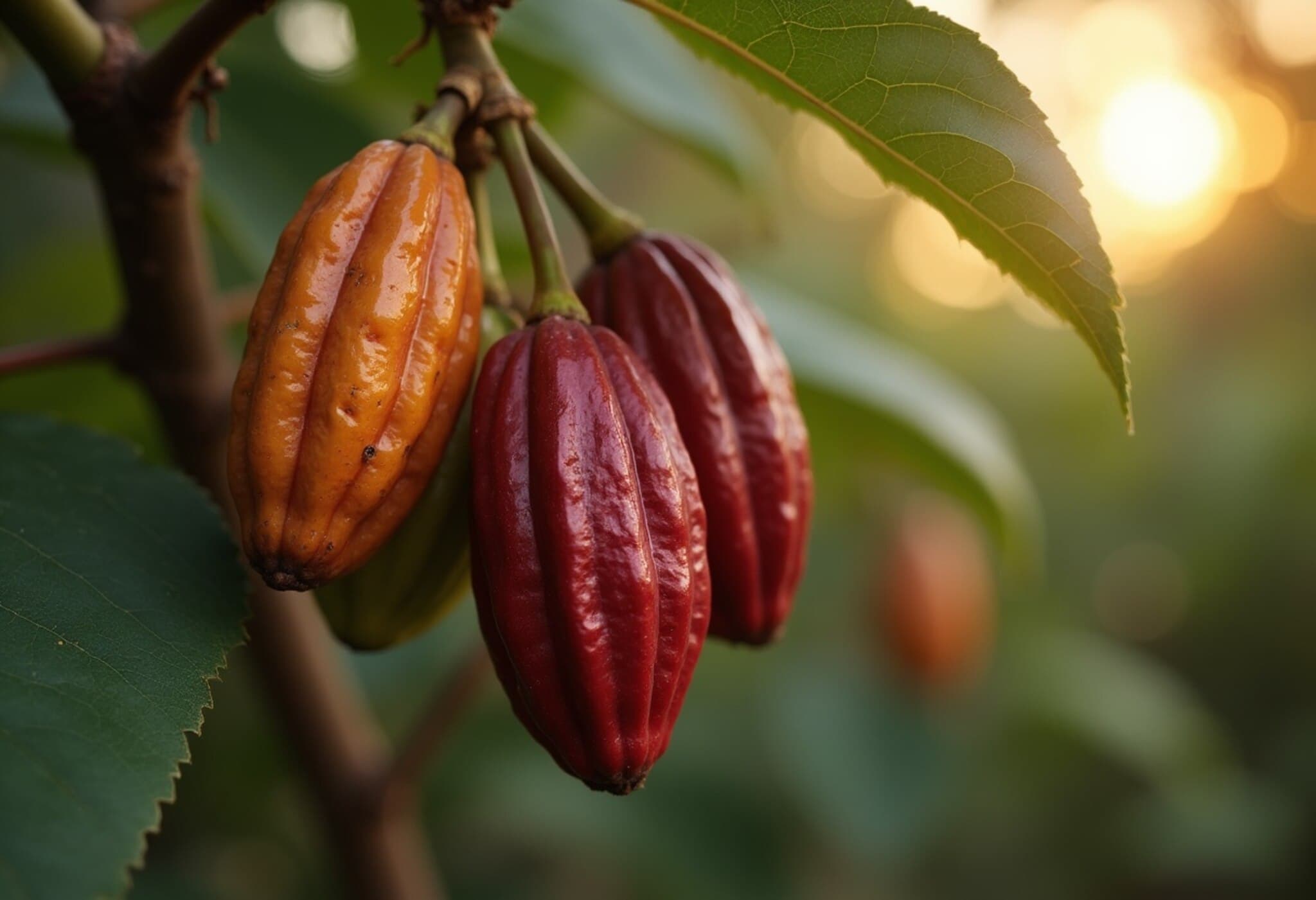Mars and Pairwise Join Forces to Reinvent Cocoa Farming with Gene Editing
In an ambitious move to future-proof one of the world's favorite treats, candy titan Mars announced a groundbreaking partnership with biotech innovator Pairwise on August 6, 2025. The goal? To accelerate the development of climate-resilient cocoa plants through cutting-edge CRISPR gene-editing technology, addressing the escalating threats climate change poses to the global chocolate supply chain.
Why CRISPR? The Promise Behind Gene-Editing Cocoa
CRISPR, a powerful and precise gene-editing tool, enables scientists to make targeted adjustments to a plant’s DNA far faster than traditional breeding allows. By harnessing this technology, Mars aims to cultivate cacao trees inherently resistant to diseases, drought, and heat stress—challenges intensified by global warming that jeopardize cacao yields worldwide.
Pairwise’s proprietary Fulcrum platform will provide Mars with access to an extensive library of plant traits, allowing detailed customization of cacao plants for optimized resilience and sustainability.
Chocolate’s Climate Challenge: An Underreported Crisis
Despite its universal appeal, cocoa farming is notoriously vulnerable to the effects of climate change. Rising temperatures, erratic weather patterns, and the spread of fungal diseases have put millions of smallholder farmers and the broader chocolate industry at risk. This partnership reflects a growing trend among global food producers who are aggressively investing in biotech innovations to secure their supply chains amid mounting environmental pressures.
Contextualizing Mars’ Broader Sustainability Strategy
Mars is not new to climate-focused innovation. Last year, the company invested in climate-smart coffee farms in Central America, employing drone technology and mechanization to combat similar threats in coffee production. The new alliance with Pairwise marks a significant escalation in marrying biotechnology with agricultural sustainability, showcasing Mars’ commitment to maintaining both product quality and ethical sourcing.
Beyond Agriculture: CRISPR’s Expanding Role in Food and Health
CRISPR technology has already made headlines with medical breakthroughs, including FDA approval of gene-based therapies. Now, its agricultural applications open promising frontiers. Faster, more precise gene-editing tools can revolutionize crop development, helping tackle food security issues aggravated by climate change.
“At Mars, we believe CRISPR has the potential to improve crops in ways that support and strengthen global supply chains,” said Carl Jones, Plant Sciences Director at Mars. This statement underscores the company’s view of gene editing not as a futuristic concept but as a vital tool for today’s challenges.
What This Means for the Future of Chocolate and Agriculture in the U.S.
- Expect advances in sustainably grown cocoa to eventually reach U.S. consumers as climate-friendly products.
- Gene-edited crops could reduce reliance on pesticides and water, aligning with broader environmental goals.
- This partnership might pave the way for further biotech collaborations in American food manufacturing, complementing Mars’ recent $2 billion investment in U.S. plants, including a significant upgrade in Utah’s Nature’s Bakery facility.
Editor’s Note
The Mars-Pairwise partnership serves as a cautionary tale and beacon of hope, illustrating how innovation becomes indispensable when tradition meets environmental upheaval. While gene editing sparks both excitement and ethical debates, its role in safeguarding cherished crops like cacao should invite a balanced conversation about sustainability, science, and the future of food security. As consumers, understanding these hidden advances enriches our appreciation of every chocolate bar and the complex global ecosystem it represents.











